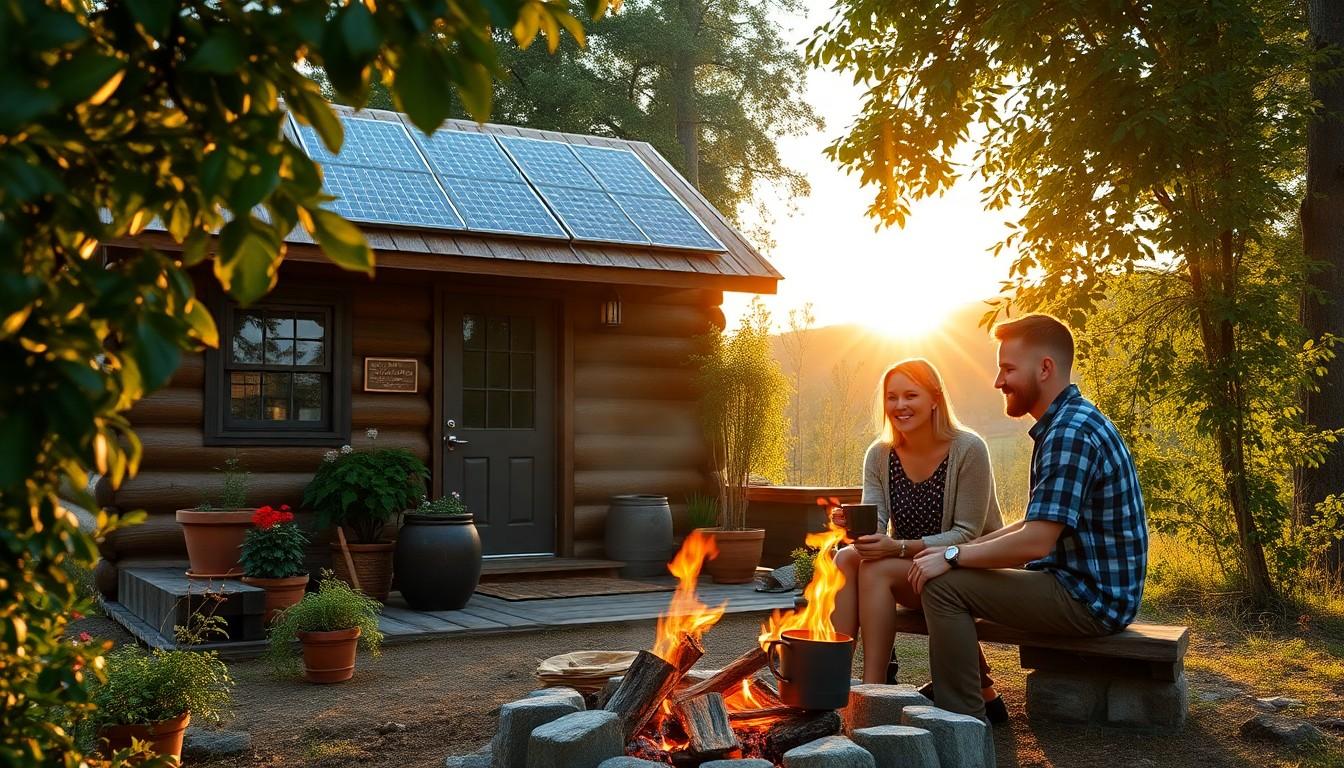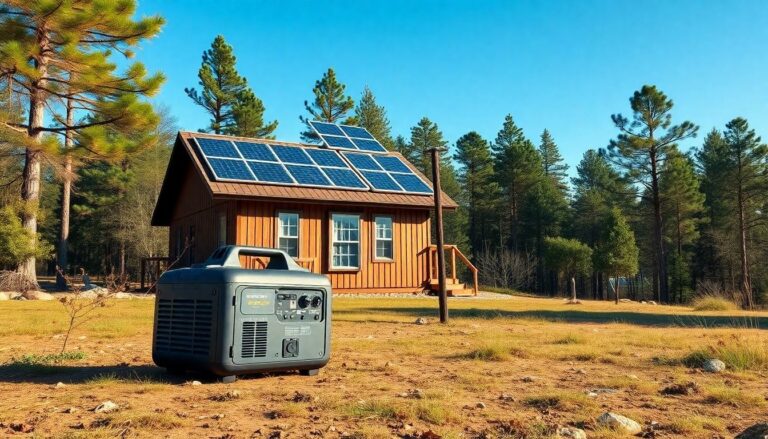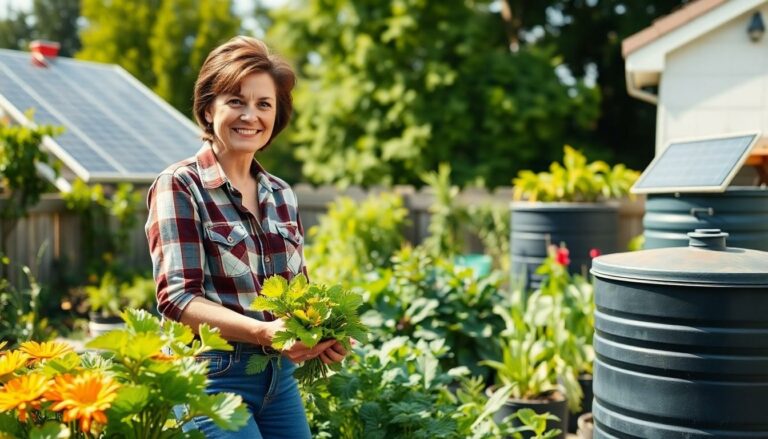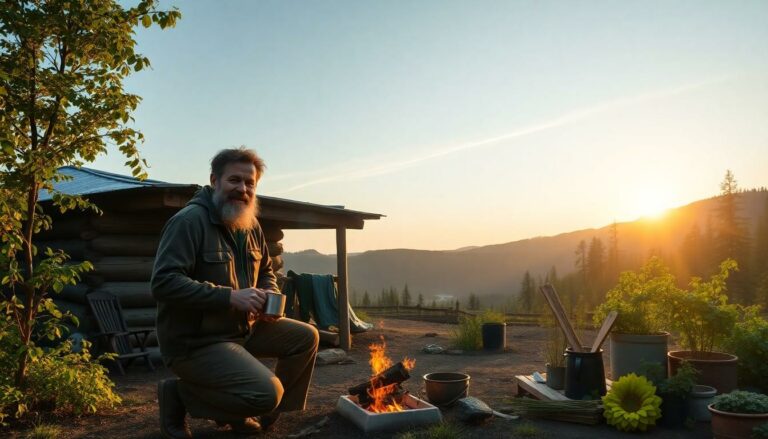Imagine waking up to the sound of chirping birds instead of blaring alarms. Picture yourself sipping coffee brewed over a campfire instead of a fancy espresso machine. Off-grid living isn’t just a trend; it’s a lifestyle choice that offers freedom from the daily grind—literally! It means disconnecting from urban chaos and embracing a self-sufficient way of life, where you’re the master of your domain.
What Does Off Grid Living Mean
Off grid living represents a lifestyle choice that emphasizes self-sufficiency, independence, and a deep connection to nature. This way of life attracts those who seek to escape the demands of urban areas and live more sustainably.
Definition of Off Grid Living
Off grid living means residing in a location without reliance on public utilities. Individuals and families adopt this lifestyle to harness resources like solar, wind, and hydro energy for their energy needs. Water access usually comes from wells or rainwater collection systems. Waste management often involves composting or other eco-friendly practices. This approach promotes a minimalistic lifestyle, focusing on personal sustainability instead of conventional convenience.
Core Principles of Off Grid Living
Self-sufficiency lies at the heart of off grid living. Residents prioritize generating their own energy through renewable sources and growing their own food as much as possible. Conservation practices play a significant role, as people learn to utilize resources efficiently. Community support also enhances this lifestyle, as many off-grid individuals participate in local networks sharing knowledge and tools. Maintaining a balance with nature is essential, ensuring the environment thrives alongside human habitation.
Benefits of Off Grid Living
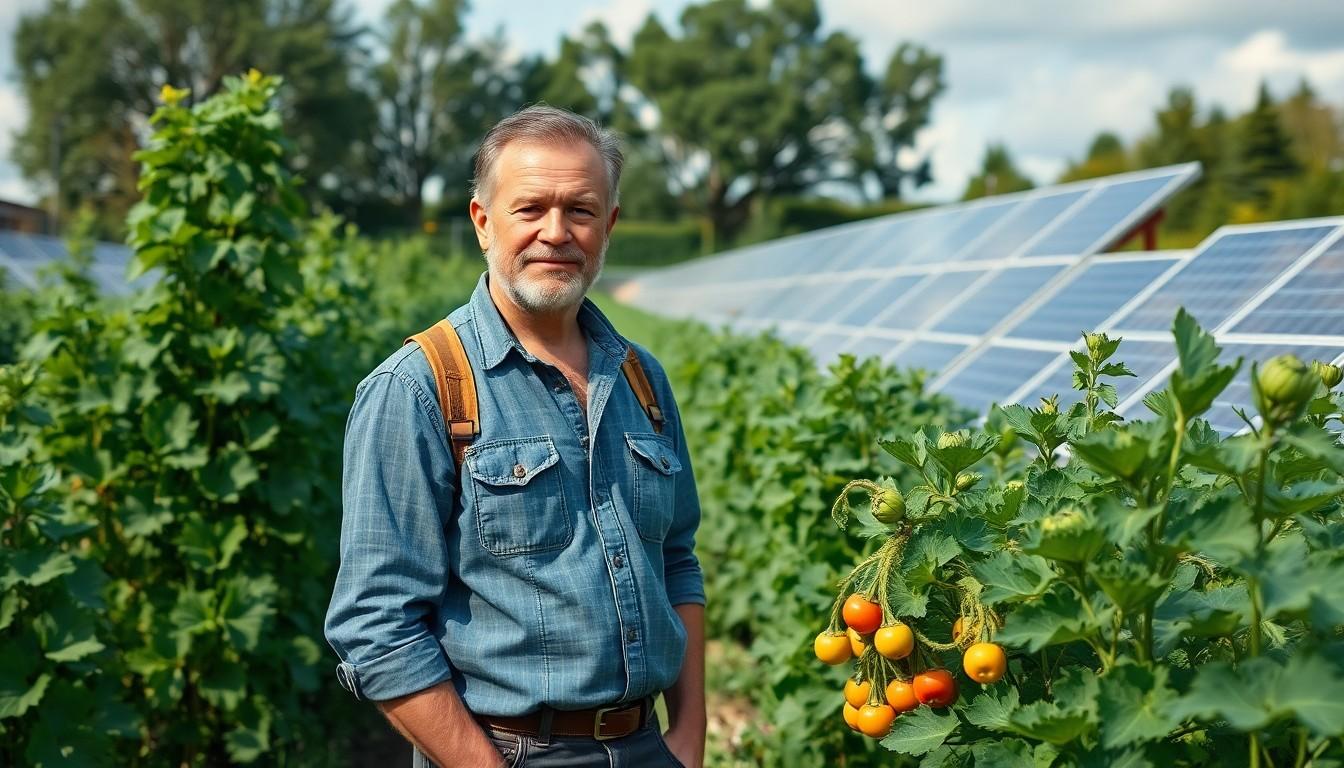
Off-grid living offers numerous advantages that resonate with those pursuing a more sustainable and independent lifestyle.
Sustainability and Environmental Impact
Sustainability defines off-grid living, providing a way to reduce reliance on non-renewable resources. Living this lifestyle promotes a deep connection with nature, encouraging individuals to use energy from renewable sources like solar and wind. Growing food in personal gardens reduces carbon footprints associated with traditional farming. Water collection systems, including rainwater harvesting, minimize environmental impact while ensuring water access. Eco-friendly waste management methods, such as composting, further enhance personal sustainability efforts. Embracing these practices leads to a significant positive impact on local ecosystems and contributes to overall environmental health.
Financial Savings
Financial savings represent a key benefit of off-grid living. Relying on solar panels or wind turbines decreases monthly utility bills significantly. Eliminating wasteful consumption patterns often accompanies this lifestyle choice, enabling more responsible spending. Growing personal food supplies cuts grocery costs each month. Self-sufficiency in energy generation leads to decreased expenditures over time. Grants and tax incentives for renewable energy investments can further bolster financial benefits. Achieving greater independence from economic fluctuations often results in long-term economic stability.
Challenges of Off Grid Living
Off-grid living presents unique challenges alongside its many benefits. Individuals may face initial hurdles while adjusting to this lifestyle.
Initial Setup and Costs
Establishing an off-grid system often requires substantial upfront investments. Solar panels, wind turbines, and battery storage systems can incur costs ranging from $15,000 to $30,000. Water systems, including wells or rainwater catchment, also demand financial outlays. Understanding the expense of land purchases adds to the overall investment. Builders should consider ongoing maintenance and replacement costs over time. Costs may fluctuate based on location and available resources. These expenses necessitate thorough planning and budgeting prior to making any decisions.
Lifestyle Adjustments
Shifting to an off-grid lifestyle involves significant lifestyle changes. Living without constant access to electricity means developing a new approach to daily tasks. For example, cooking might become less convenient without electric stoves or microwaves. Water conservation becomes essential in households reliant on collected rainwater or wells. Adjusting to available energy resources requires careful planning of daily activities. Families may need to prioritize activities based on energy consumption, leading to a more intentional way of living. Embracing a simpler lifestyle often fosters closer connections with nature. Adapting effectively may take time, but ultimately enriches the living experience.
Getting Started with Off Grid Living
Embarking on an off-grid lifestyle requires careful planning and consideration. Setting clear goals helps establish a strong foundation for this transition.
Assessing Your Needs
Identifying essential requirements is crucial for effective off-grid living. Determine energy needs first, assessing daily consumption based on appliances and devices. Evaluating water sources follows; well water, rainwater collection, or nearby lakes may provide sustainable solutions. Establishing a budget also plays a significant role; users often face initial costs ranging from $15,000 to $30,000. Understanding these elements streamlines the transition and fosters a successful off-grid experience. Additionally, considering the necessary skills for maintenance and repairs ensures long-term sustainability.
Choosing a Location
Selecting the right location impacts daily life significantly. Consider climate first; warmer areas may require less energy for heating and support varied agriculture. Accessibility affects choices as well; proximity to essential services and markets can influence the decision. Zoning regulations warrant attention; understanding local laws prevents future complications. Investigating land potential is also vital; fertile soil, available water sources, and natural shelter promote self-sufficiency. Balancing these factors ultimately leads to an ideal site for off-grid living, enhancing both comfort and independence.
Reconnect with Nature
Off-grid living embodies a unique blend of independence and sustainability. It invites individuals to embrace a lifestyle that prioritizes self-sufficiency while fostering a deep connection with the environment. This journey offers not only financial benefits but also a chance to cultivate a more meaningful existence.
As more people seek alternatives to urban living, the principles of off-grid life resonate strongly. With careful planning and a commitment to eco-friendly practices, anyone can embark on this rewarding path. Whether it’s generating energy from the sun or growing food in a garden, off-grid living represents a powerful choice for those ready to reconnect with nature and simplify their lives.

